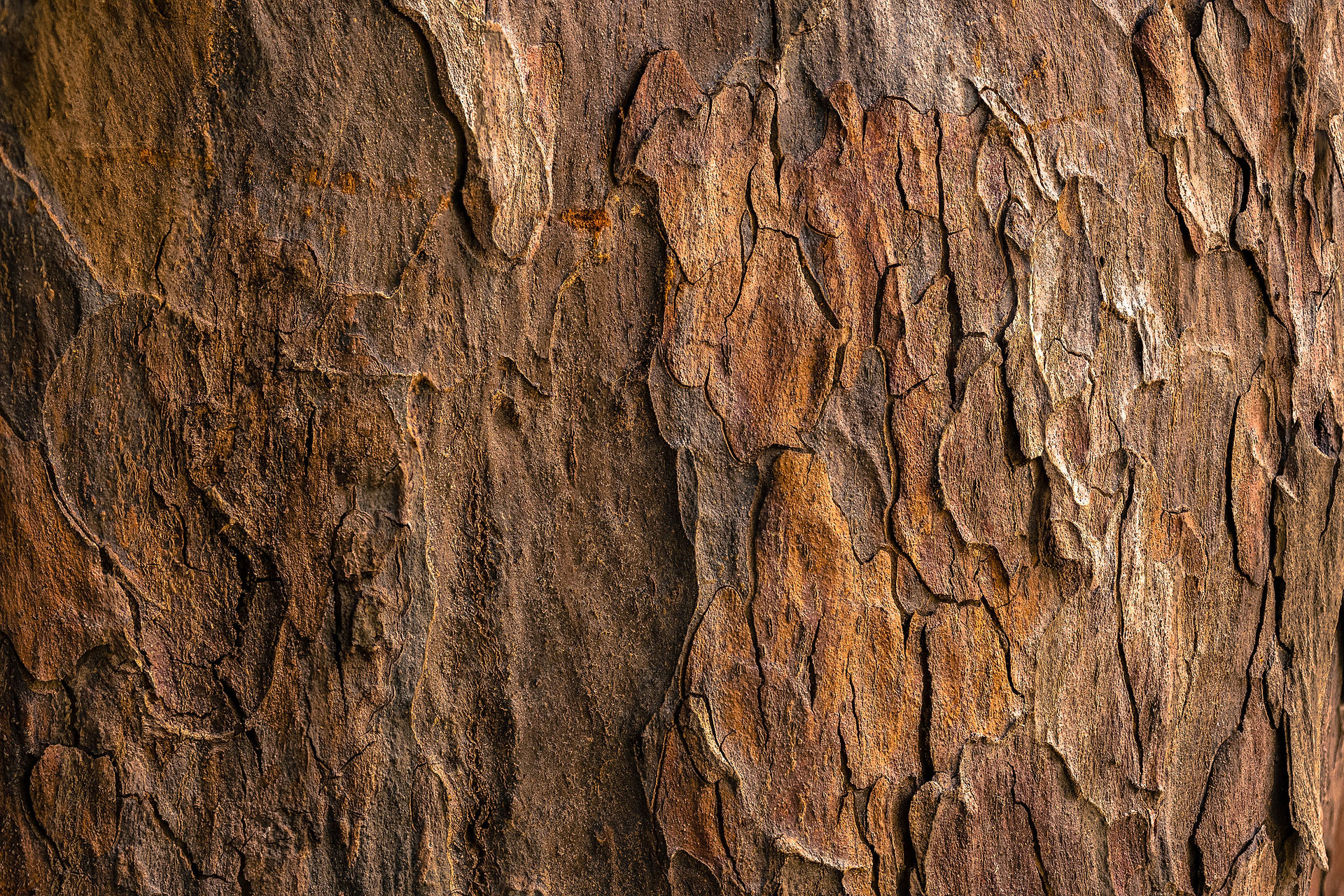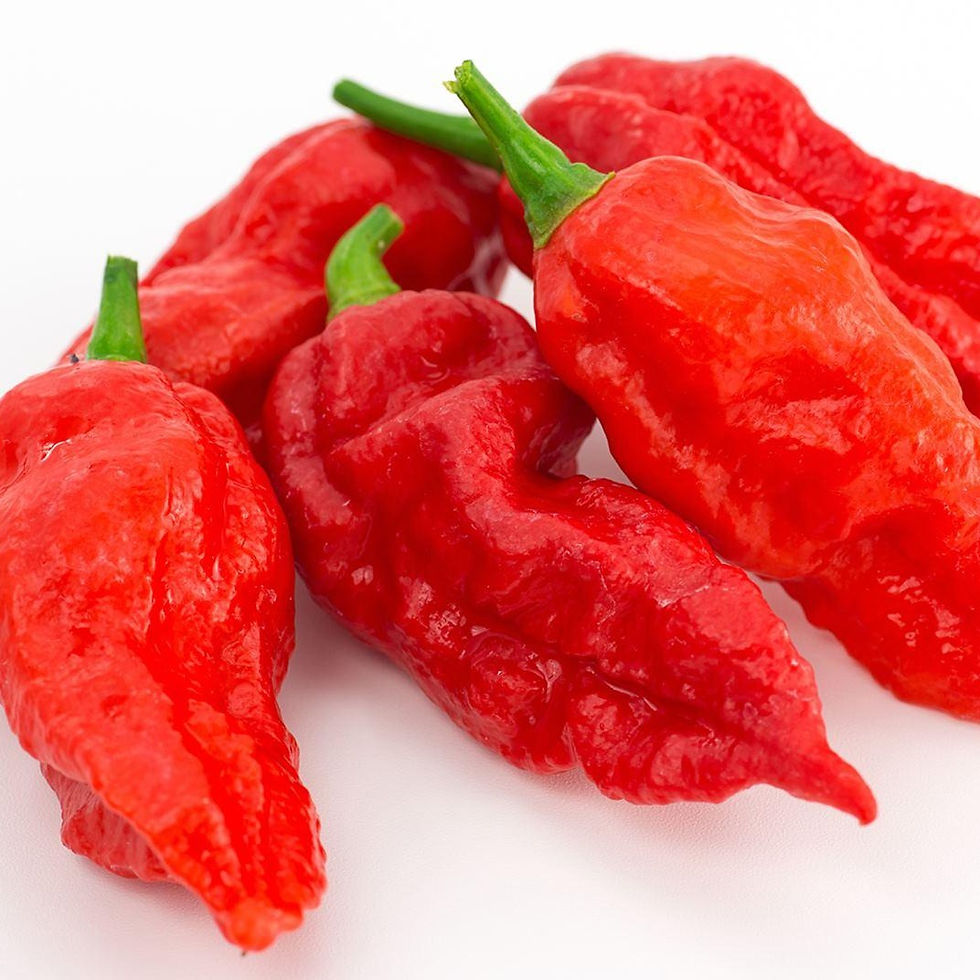WHITE AND BLACK SESAME SEEDS
Organic Sesame Seeds
Organic Sesame Seeds: A Tiny Seed Packing a Powerful Punch
Organic sesame seeds are more than just a garnish for buns; they are a powerhouse of nutrients, offering a wealth of health benefits. Grown without synthetic pesticides, herbicides, or fertilizers, these tiny seeds provide a nutty flavor and a delicate crunch to a variety of dishes, all while being a healthier and more environmentally friendly choice.
Nutritional Profile
Sesame seeds are a rich source of healthy fats, protein, B vitamins, minerals, and fiber. They are packed with essential nutrients like calcium, magnesium, zinc, and iron.Black sesame seeds, in particular, are known for their high antioxidant content.
Health Benefits:
Heart Health: The lignans and phytosterols in sesame seeds can help lower cholesterol.Magnesium, also present in the seeds, may help reduce blood pressure.
Blood Sugar Regulation: Sesame seeds are low in carbohydrates and high in protein and healthy fats, which can aid in regulating blood sugar levels.
Bone Health: They are an excellent source of calcium, which is vital for healthy bones.
Anti-inflammatory Properties: Sesame seeds and their oil are believed to possess anti-inflammatory properties that can help protect cartilage.
Improved Digestion: As a good source of fiber, sesame seeds support digestive health.
Thyroid Support: Sesame seeds contain selenium, a crucial mineral for the production of thyroid hormones.
Enhanced Immunity: They are a good source of several nutrients vital for the immune system, including zinc, selenium, copper, iron, vitamin B6, and vitamin E.
Organic vs. Conventional: The primary difference lies in the farming methods.
Organic sesame seeds are cultivated in a way that emphasizes biodiversity and soil health, avoiding synthetic chemicals.This results in a product free from harmful chemical residues.
While conventional sesame seeds meet global demand through large-scale farming that may involve synthetic inputs, organic options offer a more sustainable and environmentally friendly choice.When purchasing organic sesame seeds, look for certifications from reputable organizations to ensure they meet strict organic standards.
Culinary Uses: The versatility of organic sesame seeds makes them a simple and delicious addition to any diet.
Toasting: To enhance their nutty flavor, toast the seeds in a dry skillet over medium heat until golden brown and fragrant.
Toppings: Sprinkle them on salads, stir-fries, steamed vegetables, and noodle dishes.
Baking: Incorporate them into bread, muffins, and cookies.
Smoothies: Blend them into smoothies for a nutritional boost.
Tahini: Grind them to create your own tahini paste, a key ingredient in hummus and various sauces.
Sesame Milk: Soak the seeds overnight and blend with water to make a creamy, dairy-free milk.
Both hulled and unhulled varieties are available
Unhulled seeds retain their outer shell, providing more fiber and a crunchier texture, while hulled seeds are softer and lighter in color. It is important to store sesame seeds in an airtight container in a cool, dry place to prevent the oils from going rancid.
TERMS AND CONDITIONS
NO RETURNS
NO EXCHANGE
NO REFUNDS
































